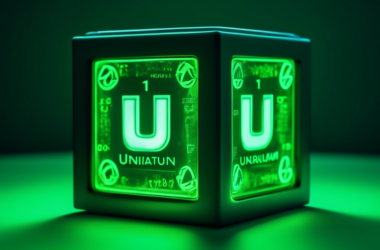The International Atomic Energy Agency (IAEA) has raised concerns about Iran’s nuclear activities, stating that the country could potentially produce a nuclear bomb within weeks due to its current levels of uranium enrichment. The IAEA’s December report revealed that Iran had escalated its uranium enrichment to 60 percent, which is close to the weapons-grade threshold of 90 percent.
This development has significantly heightened tensions between Iran and Israel, especially after Iran’s response to an alleged Israeli strike in Syria on April 13. According to a Newsweek report, Iran retaliated by attacking Israel with drones and missiles, although these attacks were largely thwarted.
IAEA chief Rafael Mariano Grossi emphasized the lack of access and visibility for the agency in Iran, calling it problematic. He mentioned that he has been urging Iranian counterparts to provide more transparency regarding their nuclear activities.
Despite Iran’s claims that its nuclear program is for peaceful purposes, Grossi had previously stated that Tehran possessed enough enriched uranium to build “several” nuclear weapons. This situation has caused concern within the Biden administration, especially given the ongoing instability in the region and activities of Iran-backed groups.
Grossi revealed that traces of enriched uranium were found in locations not designated as nuclear sites, suggesting possible undisclosed nuclear activities. He plans to visit Tehran soon to engage in dialogue with Iranian authorities and address these critical issues.
The situation remains tense as the world monitors Iran’s nuclear activities closely, hoping for transparency and cooperation to prevent further escalation.










